MO launches a series of events on emotional health
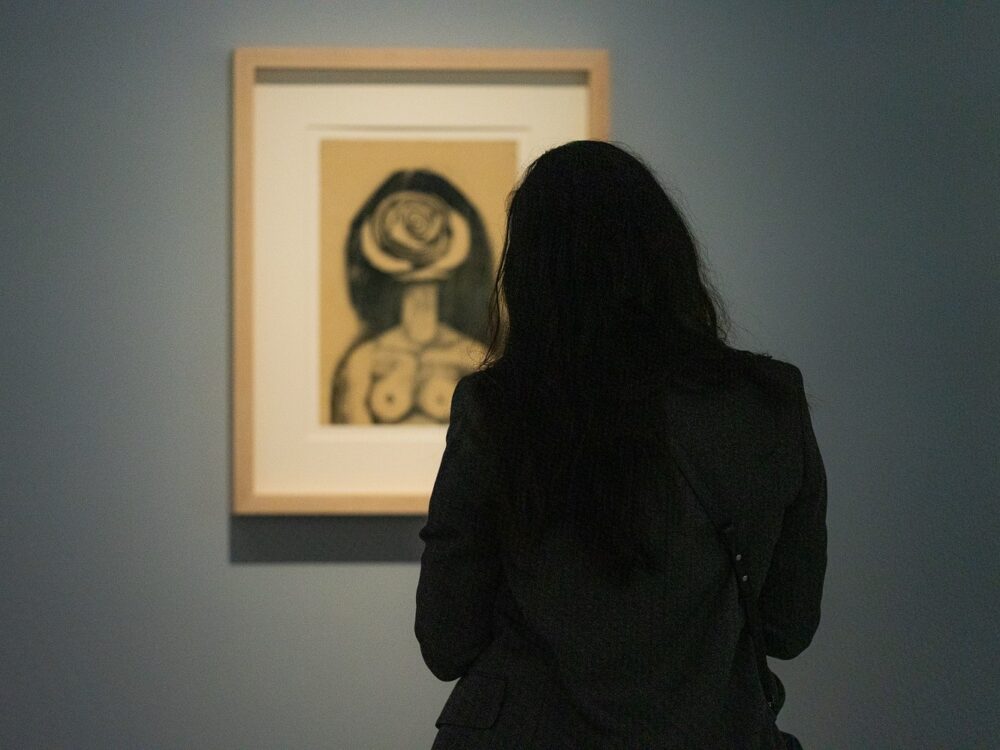
We are launching a series of events and meetings on eMOtional health. Having repeatedly highlighted the benefits and importance of art and culture, we want to explore the various aspects of these benefits and their impact on society, together with professionals and mental health experts. We invite you to think about the ways in which the benefits of culture and art can be more included in everyday life and in medical practices.
Also, together with other museums abroad, we are joining the International Slow Art Day and inviting you to 5 free virtual MO Conversations, led by MO educators.
We have often talked about the positive impact of museums and the visual art on society when the museum was closed during the quarantine. So, therefore we want to continue this topic and analyse how to make better use of museums – places that foster a sense of well-being and mental health
The importance of mental and emotional health
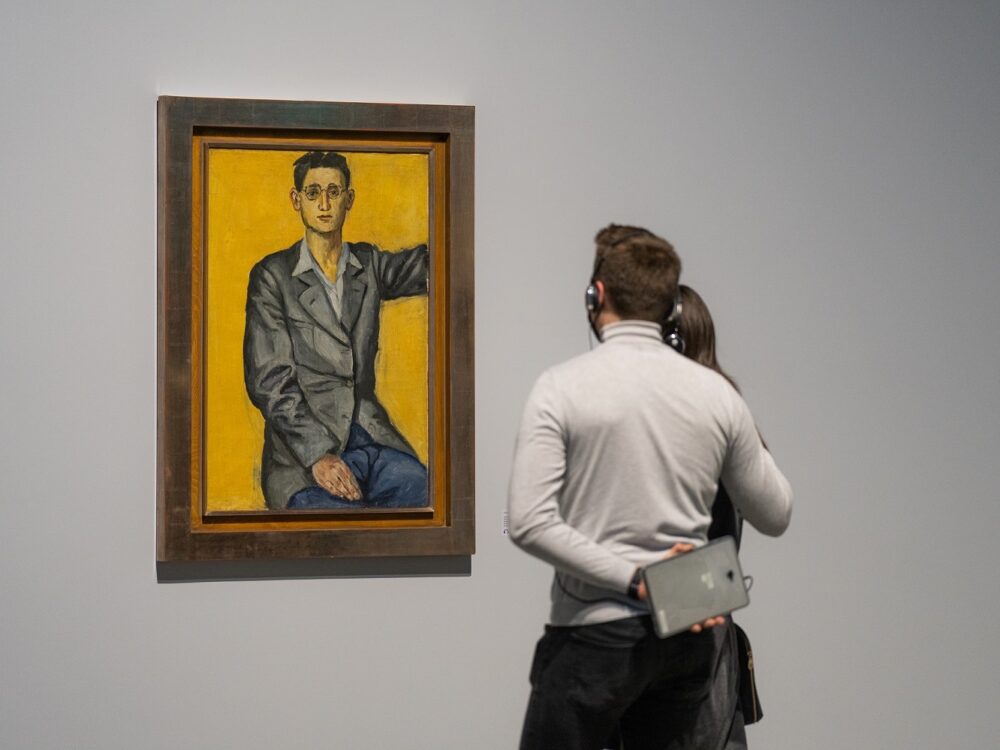
Together with representatives of other cultural institutions, we have repeatedly stressed the importance of art and culture. Visiting museums and galleries improves people’s emotional health, reduces stress and brings happiness. This is confirmed by studies carried out by the World Health Organisation.
“We have repeatedly talked about the positive impact of museums and visual arts on society when the museum was closed during the quarantine. We became convinced that, despite the scientific evidence, this is perhaps not trusted, not systematically exploited. That is why we want to continue this topic and analyse how to make better use of museums – places where a sense of well-being and mental health grow. So, we are starting a series of talks and meetings on emotional health”, – says Milda Ivanauskienė, Director of MO Museum.
She adds that since its opening, MO Museum has already been running emotional intelligence classes for children and young people of all ages, and mindfulness classes are planned in the near future. Museums can offer various forms of learning that contribute to emotional and mental growth in many different ways.

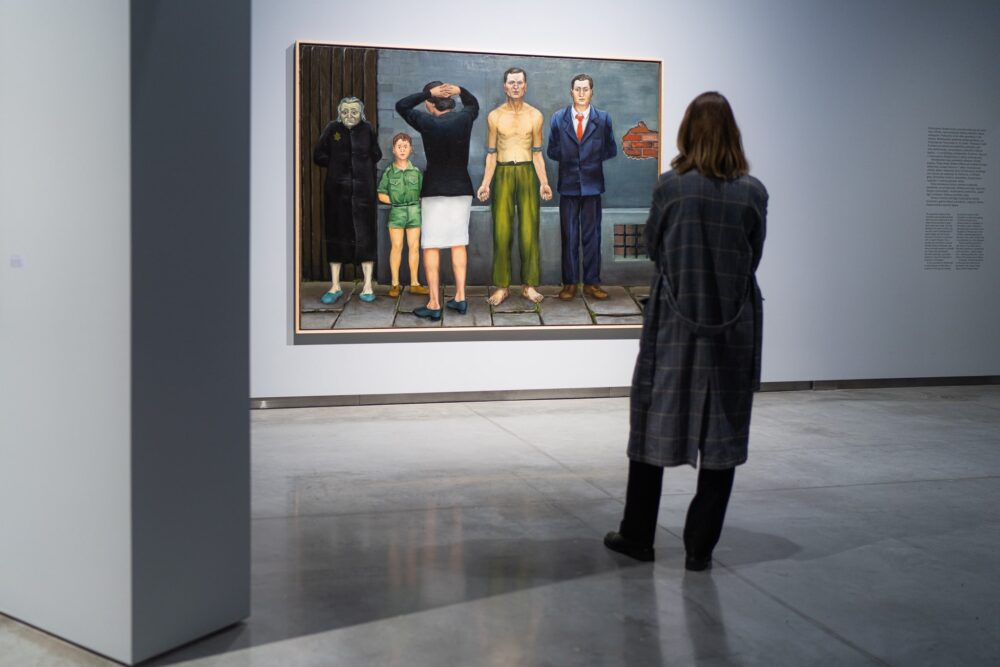
First interview with psychiatrist Dainius Puras

The first talk on emotional health will be held with psychiatrist and professor at Vilnius University, Dainius Puras.
The talk will analyse whether people in Lithuania are already starting to invest more into their emotional health, and whether help other than medication is readily available. It will seek answers to questions about the situation in Lithuania when doctors are faced with the choice between medication and therapy. What role art can play in therapy, whether it is recommended by physicians, and what perspectives can be seen for integrating art into the health care system.
D. Puras has spent many years working in the field of adult and child mental health and mental health policy, and is well acquainted with the successes and failures of countries around the world in their efforts to create healthy societies.
He will be interviewed by Tomas Vaiseta, a cultural historian who has researched the history of psychiatry in Lithuania and has analysed the Soviet-era psychiatric system and the experiences of its patients in his monograph “Summerhouse”.
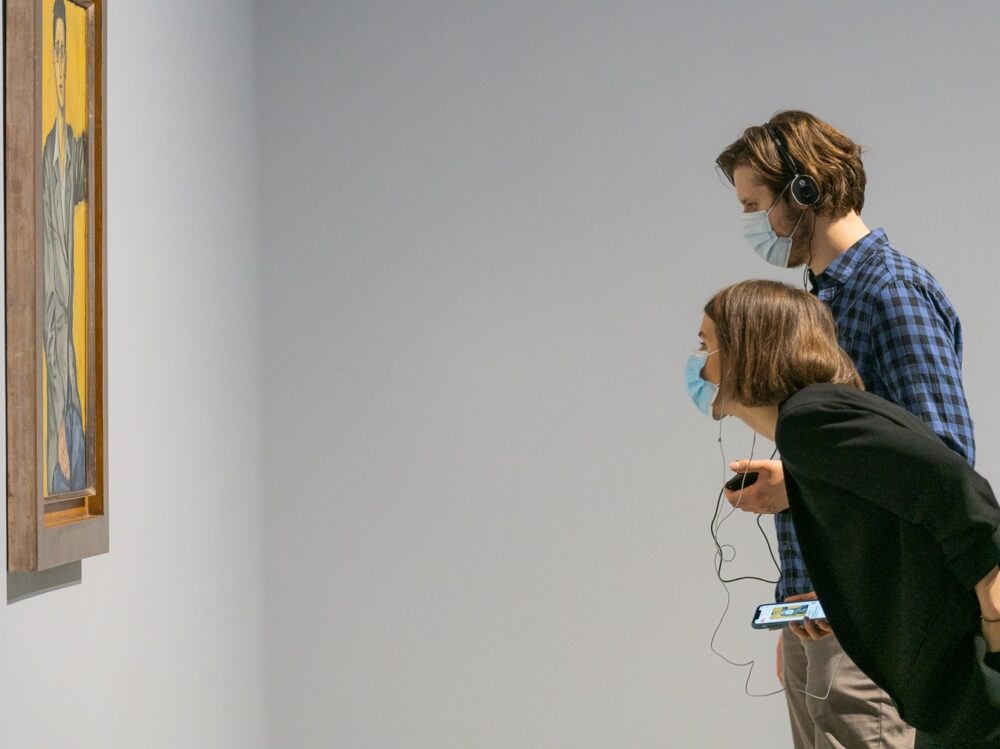
Joining the International Slow Art Day

Together with other museums, we are also joining International Slow Art Day this year.
On 10 April, MO educators will organise 5 free virtual sessions – MO Conversations. They will be held in Lithuanian, English and Russian.
The main idea behind Slow Art Day is for everyone to enjoy art without any prior knowledge or instructions on where to look or what to see. MO Conversations are like looking at life through the prism of art. They are open discussions with no prior preparation, no requirements or knowledge about art.
Together with MO educators, you will be able to discover your own authentic connection and personal links to what you see in the artworks
“Looking at artworks makes you stop and pay attention. In order to make this process easier and simpler, MO educators will help you do it virtually. Together with them, you will be able to discover your own authentic connection and personal links to what you see in the artworks. And also to reflect on yourself and your surroundings”, – says M. Ivanauskiene.
Mindfulness sessions
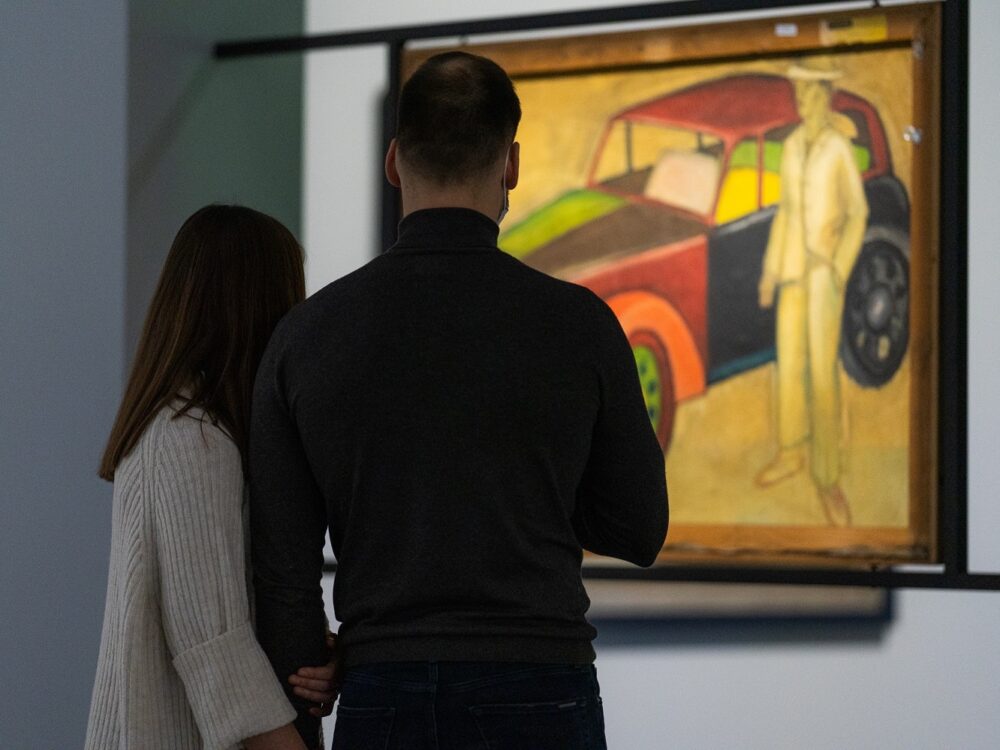
The MO plans to include Mindfulness sessions in the museum. Planned last year, but cancelled due to quarantine, they are now even more important and necessary.
Mindfulness classes are an opportunity to get to know yourself, to understand how you react to art, to open yourself up to the experience of your environment. These practices help to reduce tension and build stronger interpersonal relationships.

More talks about emotional health in the coming month
MO Museum will be hosting more talks about various mental and emotional health issues.
There will be a virtual meeting with psychologist-psychotherapist, founder and director of the Children’s Support Centre, Ausra Kuriene. Emotional literacy, the ability to understand and express one’s own emotions, different ways to talk to children about their emotions, and how art can help children to do this are just some of the topics that will be discussed with A. Kuriene.